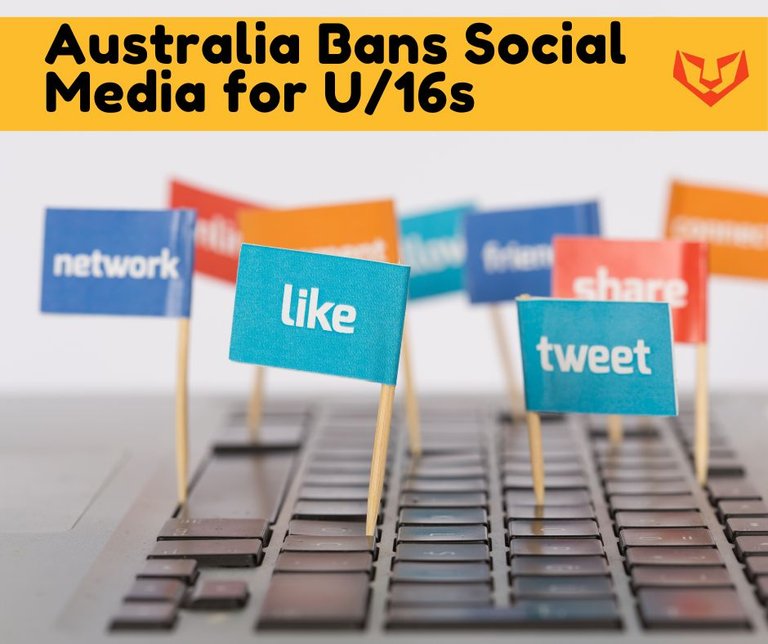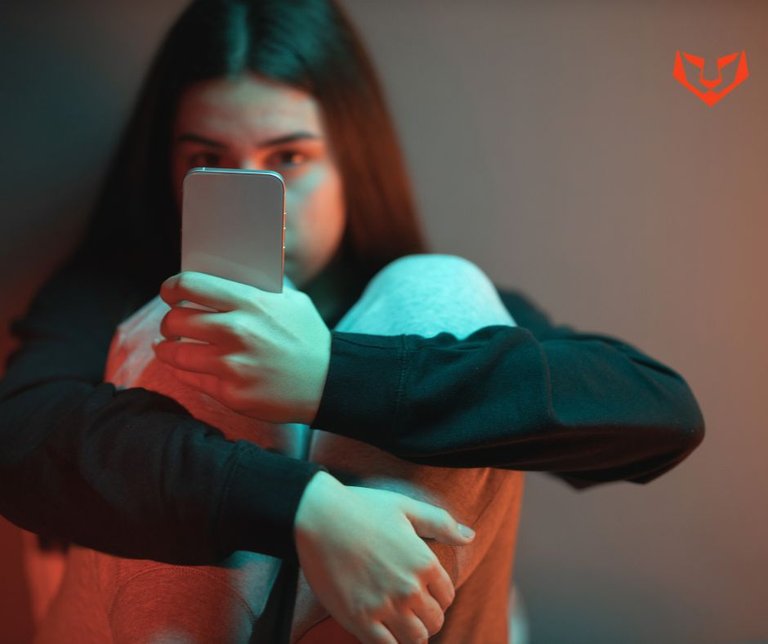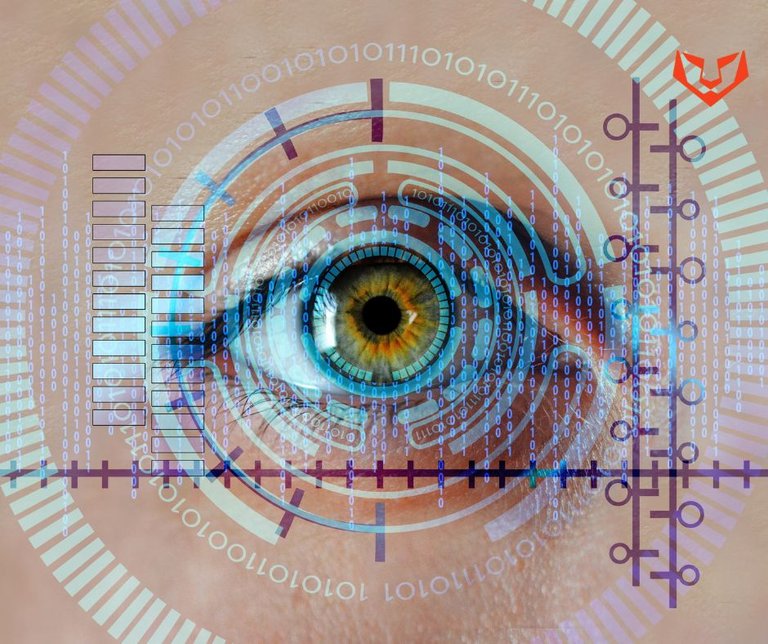Australia Bans Social Media for U/16s

Australia Bans Social Media for U/16s
Australia has made news headlines worldwide with the Senate’s recent approval of the world’s strictest social media restrictions even surpassing China by banning children under 16 from platforms such as TikTok, Instagram, Snapchat and Facebook.
The new laws are set to take effect by the end of 2025 with the law aiming to address the growing concerns about the impact of social media on young people's mental health and well-being. This unprecedented move has sparked mixed reactions with some advocates praising its protective intent and critics questioning its feasibility and implications and how it will be policed.

The Reasons Behind the Ban
The government’s primary justification is to safeguard children from the negative effects of social media, including cyberbullying, exposure to inappropriate content and the addictive nature of these platforms. According to Prime Minister Anthony Albanese, “Social media is doing social harm to our children and we want Australian parents to know that we have their backs.”
This sentiment is backed by polling, which indicates strong parental support for the ban. Many parents feel trapped in a societal norm where allowing their children access to social media is the only way to prevent them from feeling isolated. Campaigns such as News Corp’s Let Them Be Kids have highlighted expert advice linking social media to deteriorating mental health among teens further galvanizing support for these measures.
Enforcing the ban involves requiring social media companies to take “reasonable steps” to verify users’ ages. However, this has raised significant questions about implementation. The legislation prohibits the exclusive use of government issued ID for verification prompting speculation that biometric solutions, such as facial age estimation could be used instead.

Biometric Privacy Concerns
While biometric technology might seem convenient experts warn of its privacy risks. Biometric data is among the most sensitive personal information and critics including Lizzie O’Shea of Digital Rights Watch fear that this approach could be a step toward more invasive surveillance practices. Furthermore, studies have shown that facial age estimation technologies are not equally accurate across demographics with higher error rates for women, people of colour and those wearing glasses.
The lack of clarity in the law about what constitutes "reasonable steps" leaves room for interpretation, potentially leading to legal battles between regulators and tech companies. For instance, previous cases involving platforms like X (formerly Twitter) highlight the challenges of enforcing such regulations in court.

Mixed Global Reactions
The ban has divided public opinion. Supporters believe it’s a necessary step to protect younger generations, while critics argue that it encroaches on parental rights and personal freedoms.
Globally, the decision has garnered significant attention. Countries like the UK and the US, which have debated similar measures are closely watching Australia’s bold experiment. UK Technology Secretary Peter Kyle has expressed interest in potentially adopting comparable laws, while international media outlets have highlighted both the ground breaking and contentious nature of the move.
Tech companies however, have voiced concerns about the law’s potential impact and the speed of its passage. Google, Meta and ByteDance (TikTok’s parent company) have called for more time to evaluate the legislation’s implications. Elon Musk, the owner of X, criticized the ban as “a backdoor way to control access to the Internet by all Australians.”
The law's implementation is not without challenges. Critics point out that the government has provided few specifics on how platforms are expected to enforce the ban. Without concrete guidelines, platforms may adopt inconsistent or ineffective measures potentially undermining the law’s intent.
The absence of penalties for children or parents who bypass the restrictions raises concerns about compliance. While platforms face steep fines of up to $50 million for non-compliance the lack of direct accountability for users could incentivize workarounds.
Australia’s move reflects a broader shift in societal expectations regarding online safety. By taking such a decisive stance, the government is sending a message that tech companies must prioritize the well-being of younger users over profit. This could set a precedent for other nations grappling with similar concerns.
image sources provided supplemented by Canva Pro Subscription. This is not financial advice and readers are advised to undertake their own research or seek professional financial services.
Posted Using InLeo Alpha
This is certainly a wolf in sheeps clothing situation. This is an example of the government doing something it shouldn’t be doing and inserting itself in peoples digital lives.
I think that kids shouldn’t be on those apps for sure but we all know how Orwellian Australia got during 2020 and 2021, I have absolutely no trust in them not using this situation in a similar fashion.
I don't think it will be successful to be honest
Yeah and then they will spend a lot of money, realize it failed, throw their hands up and say they need more time, money and additional things like digital ID. More ways to surveil people and that never ends well.
The intentions behind the policy is a good one though implementation might be a serious problem. I read elsewhere that defaulting social media companies will be fined $50m. The world is watching. If it succeeds in Australia, other nations like of the world will most likely follow suit. Thanks for writing and have a great day.
Thats a good point but atleast parents can say it's rhe law
Generally speaking, those actually responsible from protecting children and impressionable young minds from evils of Internet should be their parents, not the state. Yet, I also understand the general argument that certain restrictions must exist, but they must implemented in the way that prevents abuse.
What I actually find the most problematic in this law is that it would make breaking those restrictions look "cool" and "egdy" and actually lead many impressionable young minds to those even more stupid things that they would otherwise do, like, for example faking their IDs and going full dark web just in order to experience social media.
It does seem like it will be mainly used by parents to blame the government and say its not us.